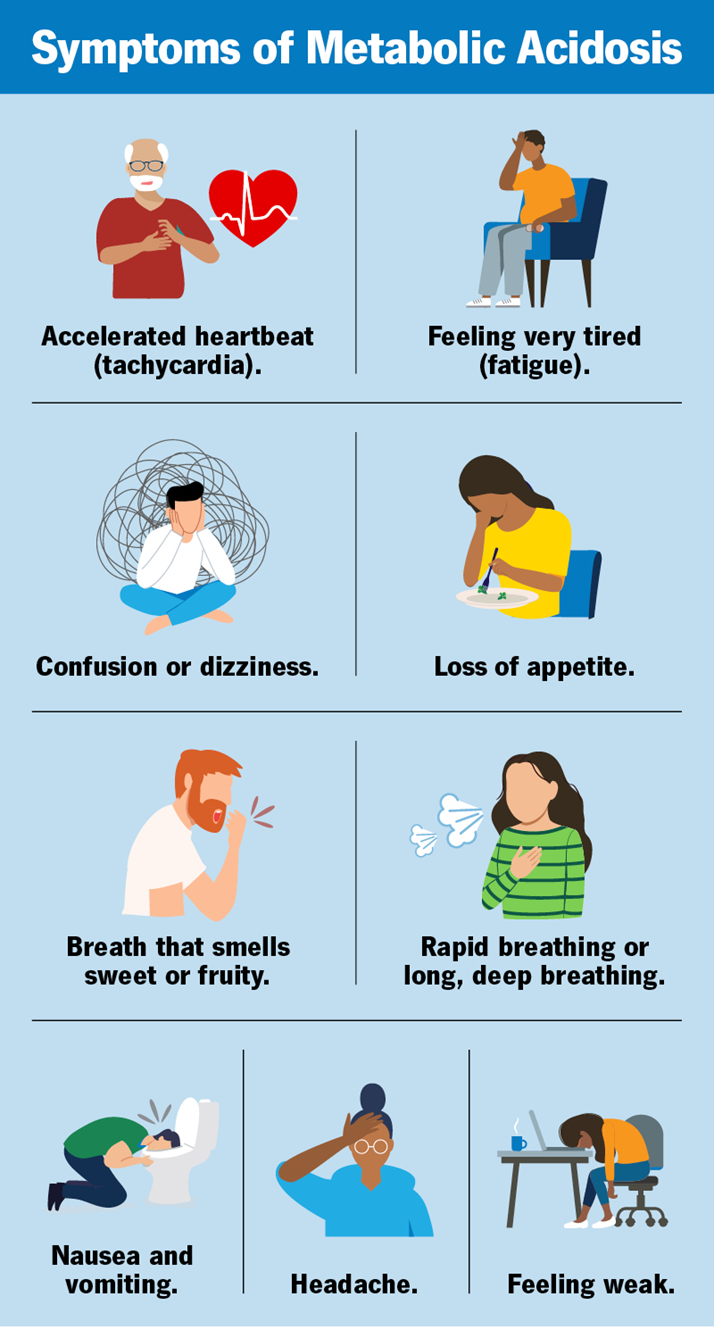Urinary tract infections are the most common healthcare-associated infection.
True
False
The Correct Answer is A
Choice A: True
Urinary tract infections (UTIs) are indeed the most common type of healthcare-associated infection (HAI). According to the Centers for Disease Control and Prevention (CDC), UTIs account for more than 30% of infections reported by acute care hospitals. These infections are primarily caused by the use of catheters and other instrumentation of the urinary tract, which can introduce bacteria and lead to infection. The high prevalence of UTIs in healthcare settings underscores the importance of stringent infection control practices to prevent these infections.
Choice B: False
The statement that UTIs are not the most common healthcare-associated infection is incorrect. While other types of HAIs, such as surgical site infections, bloodstream infections, and pneumonia, are also significant, UTIs remain the most frequently reported. The use of urinary catheters is a major risk factor, and efforts to reduce catheter use and improve catheter care are critical in preventing these infections.
Nursing Test Bank
Naxlex Comprehensive Predictor Exams
Related Questions
Correct Answer is B
Explanation
Choice A reason:
Assessing the operative site is important to monitor for signs of bleeding, infection, or other complications. However, it is not the most critical, high-priority assessment immediately after surgery. While the condition of the surgical site can provide valuable information about the patient’s recovery and potential complications, it does not take precedence over ensuring the patient’s airway is clear and they are breathing adequately. The operative site can be assessed once the patient’s airway, breathing, and circulation are stable.
Choice B reason:
Airway assessment is the most critical, high-priority assessment in the PACU. Ensuring that the patient’s airway is clear and they are breathing properly is paramount because anesthesia can depress the central nervous system, leading to compromised airway patency and respiratory function. The primary goal in the immediate postoperative period is to ensure that the patient is ventilating adequately to prevent hypoxia and other respiratory complications. This involves checking for airway obstruction, monitoring respiratory rate, and ensuring that oxygen saturation levels are within normal ranges (typically 95-100% for healthy individuals). Any issues with the airway must be addressed immediately to prevent life-threatening complications.
Choice C reason:
Assessing the pulse is crucial for monitoring the patient’s cardiovascular status, including heart rate and rhythm. This can help detect arrhythmias, hypovolemia, or other cardiovascular issues that may arise postoperatively. However, while important, it is secondary to ensuring that the patient’s airway is clear and they are breathing adequately. The pulse can be assessed once the airway and breathing are confirmed to be stable. Normal pulse rates for adults typically range from 60 to 100 beats per minute.
Choice D reason:
Assessing skin integrity is important for identifying signs of pressure ulcers, infection, or other skin-related issues. However, this assessment is not the highest priority immediately after surgery. Ensuring the patient’s airway, breathing, and circulation are stable takes precedence. Skin integrity can be assessed once the patient is stable and other critical assessments have been completed. Maintaining skin integrity is essential for overall patient care, but it does not supersede the need to ensure the patient is breathing properly and has a clear airway.
Correct Answer is C
Explanation
Choice A: Alkalosis
Alkalosis occurs when the blood pH is higher than the normal range, specifically above 7.45. This condition indicates that the blood is too alkaline. Causes of alkalosis can include hyperventilation, loss of stomach acid through vomiting, or an overuse of diuretics. Since a blood pH of 7.21 is below the normal range, it does not indicate alkalosis.
Choice B: Normal Blood pH
The normal pH range for blood is between 7.35 and 7.45. This range is crucial for the body’s metabolic processes and enzyme functions. A blood pH of 7.21 is below this range, indicating an abnormal condition.
Choice C: Acidosis
Acidosis is the correct answer. It occurs when the blood pH drops below 7.35, indicating that the blood is too acidic. A pH of 7.21 is significantly below the normal range, confirming acidosis. This condition can result from various factors, including respiratory issues that lead to an accumulation of carbon dioxide or metabolic problems that increase acid production or decrease bicarbonate levels.
Choice D: Hyperkalemia
Hyperkalemia refers to an elevated level of potassium in the blood, not a change in blood pH. While hyperkalemia can be associated with acidosis, it is not defined by the pH level itself. Therefore, a blood pH of 7.21 does not directly indicate hyperkalemia.

Whether you are a student looking to ace your exams or a practicing nurse seeking to enhance your expertise , our nursing education contents will empower you with the confidence and competence to make a difference in the lives of patients and become a respected leader in the healthcare field.
Visit Naxlex, invest in your future and unlock endless possibilities with our unparalleled nursing education contents today
Report Wrong Answer on the Current Question
Do you disagree with the answer? If yes, what is your expected answer? Explain.
Kindly be descriptive with the issue you are facing.
